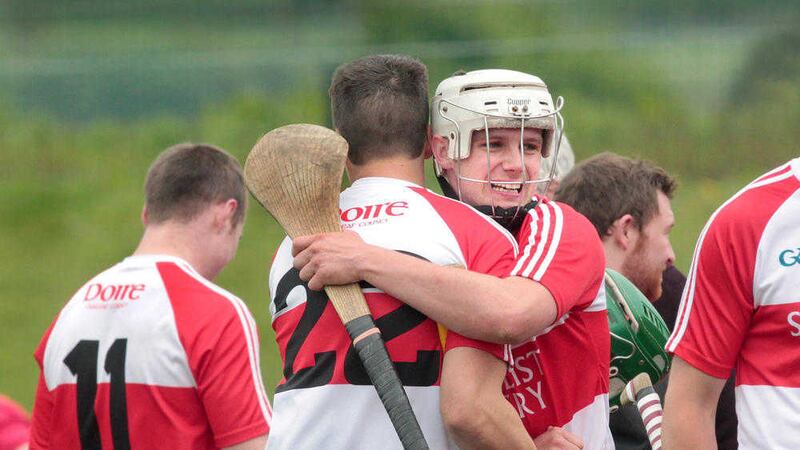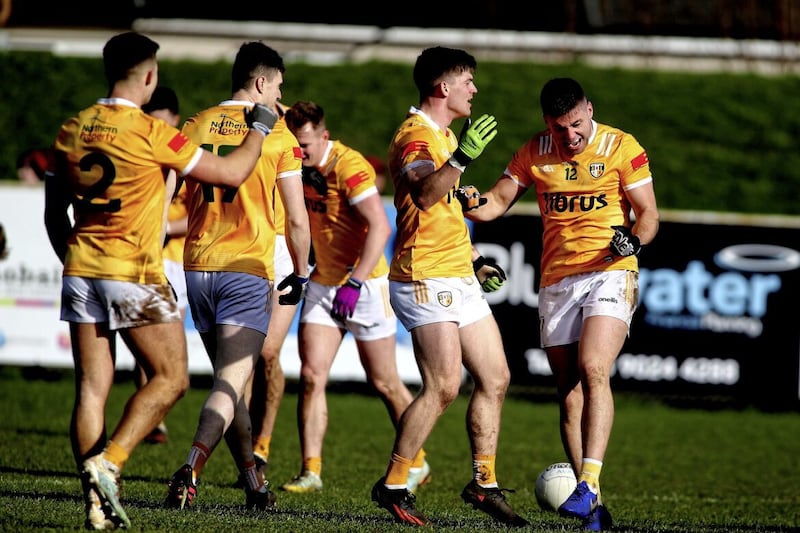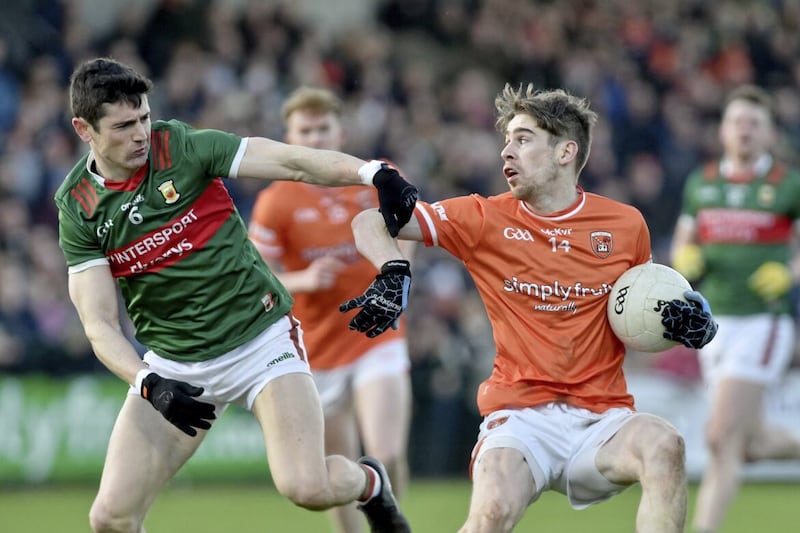DURING his low-key international career with Republic of Ireland Lee Carsley was always cut a surly figure.
As reporters hung over barriers with tape-recorders and microphones at the ready in post-match mixed zones, Carsley never broke stride.
Nobody would call after the former Everton midfielder for a "few words" because, more often than not, he was an unused substitute.
He would breeze past us and be one of the first players on the team bus.
Carsley was a decent player and in the rare engagements he had with the press he wasn’t as surly as the figure he cut walking through mixed zones.
It was his misfortune to be competing for a central midfield berth at the same time as Roy Keane, Matt Holland and Mark Kinsella.
He did, however, see more game-time during Steve Staunton’s time in charge of Ireland but he must look back on his international career with deep frustration.
Was it worth clocking up all those air miles to wear a tracksuit?
When you spotted Carsley on the team bus you were often left wondering why he put himself through it.
He was the classic squad player who was never rated highly enough to be regarded as first choice.
During my years covering the Republic of Ireland team, I didn’t know whether to admire or have sympathy for Carsley.
Of course, the hard-tackling midfielder was a well paid professional, and hardship is relative.
Nevertheless, he could have been forgiven for quitting the international scene long before he did, citing family commitments, a lack of game-time and wanting to concentrate on the remainder of his club career.
Of course, the glitzy stage of international football is a far-cry from GAA environs but there is a Lee Carsley-type figure in every inter-county squad.
At this time of year, when the ground is a little firmer underfoot it’s perhaps easier to be that squad player.
But in the depths of winter you often wonder how inter-county managers can carry 30 players or more when a huge chunk of them stand little chance of meaningful game-time at any stage of the season.
The flip-side of the argument, articulated by Armagh boss Kieran McGeeney earlier this month, is the need for young players to serve an apprenticeship of sorts in order to become better at what they do.
“We’re in a time now where players don’t want to go through a mentorship,” McGeeney explained.
“If they’re not playing, everybody’s in their ears telling them: ‘What are you doing with that crowd?’
“It’s a pity because those people who are saying that to our young players are really doing them a disservice, but that’s probably the age we’re living in. Everybody wants instant gratification.”
There is a ring of truth to what McGeeney says. But there are other cases too.
People’s work patterns have become more flexible. Once upon a time everyone used to work nine-to-five. Not any longer.
Take sports journalism for instance. It requires increasing flexibility at weekends. It also includes evening work.
In the rolling news age, the journalist is rarely off-duty. Many professions and jobs are the same.
Living in a deep recession doesn’t help and many work contracts merely reflect this new age.
So where does playing a bit of GAA at the highest level fit in?
Well, sometimes it doesn't. Sometimes it doesn't matter if you're a squad player or the first name on your manager's team-sheet - earning a living comes first.
In the last few days, I've interviewed a number of inter-county players with a recurring theme.
Each of them have either flirted with retirement or have taken time out to concentrate on their family and work careers.
Antrim footballer Justin Crozier was considering taking a year out. He’s only 28 and is in his prime.
He’s getting married, (tomorrow, actually) and other commitments were making it increasingly difficult for him to meet the demands of playing Gaelic football at inter-county level.
At the start of the year, joint managers Frank Fitzsimons and Gearoid Adams persuaded Crozier to stay on.
Conor McSorley (27) hurls for Ballinascreen and Derry. Conor has two young kids and works in the family business.
Due to time pressures, Conor thought long and hard about remaining with the Derry hurlers in 2016.
“At the start of the season I thought about retiring,” he explained.
“I’ve two young kids and I work away in Scotland and England. It’s a family business and my brother is kind of driving the thing and I need to be doing the same. But it’s very, very hard to do everything.
“I enjoy writing music, but I can’t get at that at all. That just had to take a back seat.”
In the end, Conor decided not to retire because he loves hurling. His life just about allows him to meet the time demands required to play inter-county hurling.
Down hurler Conor O’Prey returned to Mickey Johnston’s squad this season after taking a year out due to work commitments.
“You’re either in or you’re out,” says the Portaferry man. “There can be no in between.”
A couple of Antrim hurlers had to quit the panel due to changes in their work conditions.
These men aren't be high-profile inter-county players and they don't have the support structures of a Dublin or Kerry footballer.
The Darwinian nature of the inter-county game has led a talent drain in many counties. Players, many of whom haven’t reached the age of 30, are being forced to quit Gaelic football or hurling because of the time pressures in their lives.
It takes a lot of stamina, understanding partners and sympathetic employers for some GAA players to stay involved.
And you don't have to be a squad player to feel the strain.







